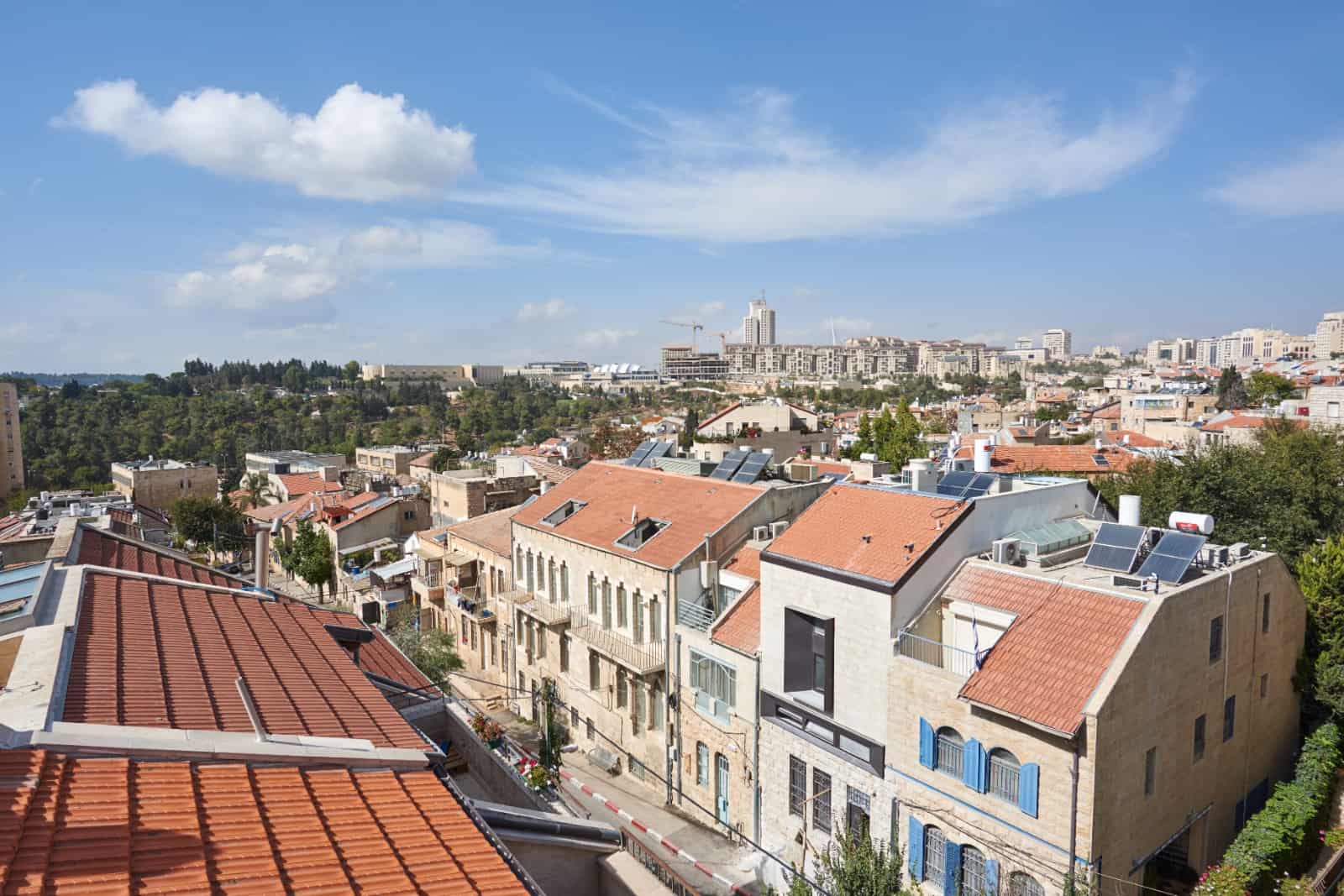What type of land registry in Israel
In Israel, the land registry system is known as the “Tabu” or “Tabu Land Registry.”
It is the official repository for recording and maintaining land and property ownership rights throughout the country.
The Tabu is managed by the Israel Land Authority (ILA), a government agency responsible for the administration and regulation of land in Israel.
The Tabu Land Registry operates under the legal framework provided by the Land Registration Law of 1969,
which governs the registration and transfer of property rights in Israel.
The main purpose of the land registry is to establish clear and enforceable property rights, ensuring transparency and facilitating property transactions.
The Tabu Land Registry includes comprehensive records of land parcels, ownership details,
and any encumbrances or liens on the properties. When a property transaction takes place, such as a sale or transfer,
it must be registered with the Tabu to ensure the legal transfer of ownership.
The land registry system in Israel is considered reliable and provides a solid foundation for property ownership and transactions.
It helps to protect the rights of property owners and provides a level of assurance for buyers and investors in the real estate market.
Lease hold Israel
In Israel, the leasehold system is commonly referred to as “long-term leasehold” or “ownership lease.”
It is a form of land tenure where individuals or entities can lease land for an extended period, typically up to 99 years.
The leasehold system is prevalent in Israel due to the significant portion of land owned by the state or Jewish National Fund (JNF).
Under the leasehold system, the lessee (the person or entity leasing the land) is granted long-term rights to use and develop the land within the terms specified in the lease agreement. The lessee is responsible for paying an annual lease fee to the Israeli government or the JNF, depending on the ownership status of the land.
Leasehold properties in Israel, including residential, commercial, and agricultural properties, can be bought, sold, and mortgaged. However,
it’s important to note that the land itself remains the property of the state or the JNF.
The leasehold system in Israel provides an opportunity for individuals and businesses to access land for various purposes
while maintaining the state’s ownership of the land.
It’s essential for potential lessees to review the terms and conditions of the lease agreement,
including lease duration, lease fees, and any restrictions or limitations on land use or development.
Consulting with legal professionals or relevant authorities can help in understanding the specific details of leasehold properties in Israel.
Church land Israel
In Israel, there are various properties and lands that are owned by different religious organizations, including churches.
These properties may be used for religious purposes, such as houses of worship, monasteries, or other religious facilities.
The ownership and management of church land in Israel can vary depending on the specific religious organization and its agreements with the Israeli government.
Some of the significant religious groups with land holdings in Israel include the Greek Orthodox Church, the Roman Catholic Church,
the Armenian Apostolic Church, and the Ethiopian Orthodox Church, among others.
The Israeli government recognizes the historical and religious significance of these lands and generally respects the rights of religious organizations
to own and manage their properties. However, there can be occasional disputes or legal issues related to land
ownership or property rights between religious organizations and the government or other parties.
It’s important to note that the specifics of church land ownership, management, and any applicable regulations may vary depending on the particular religious
organization and the agreements in place.
If you have specific questions or require detailed information about a particular church’s land in Israel,
it is recommended to consult with representatives of the specific religious organization or seek legal advice.





